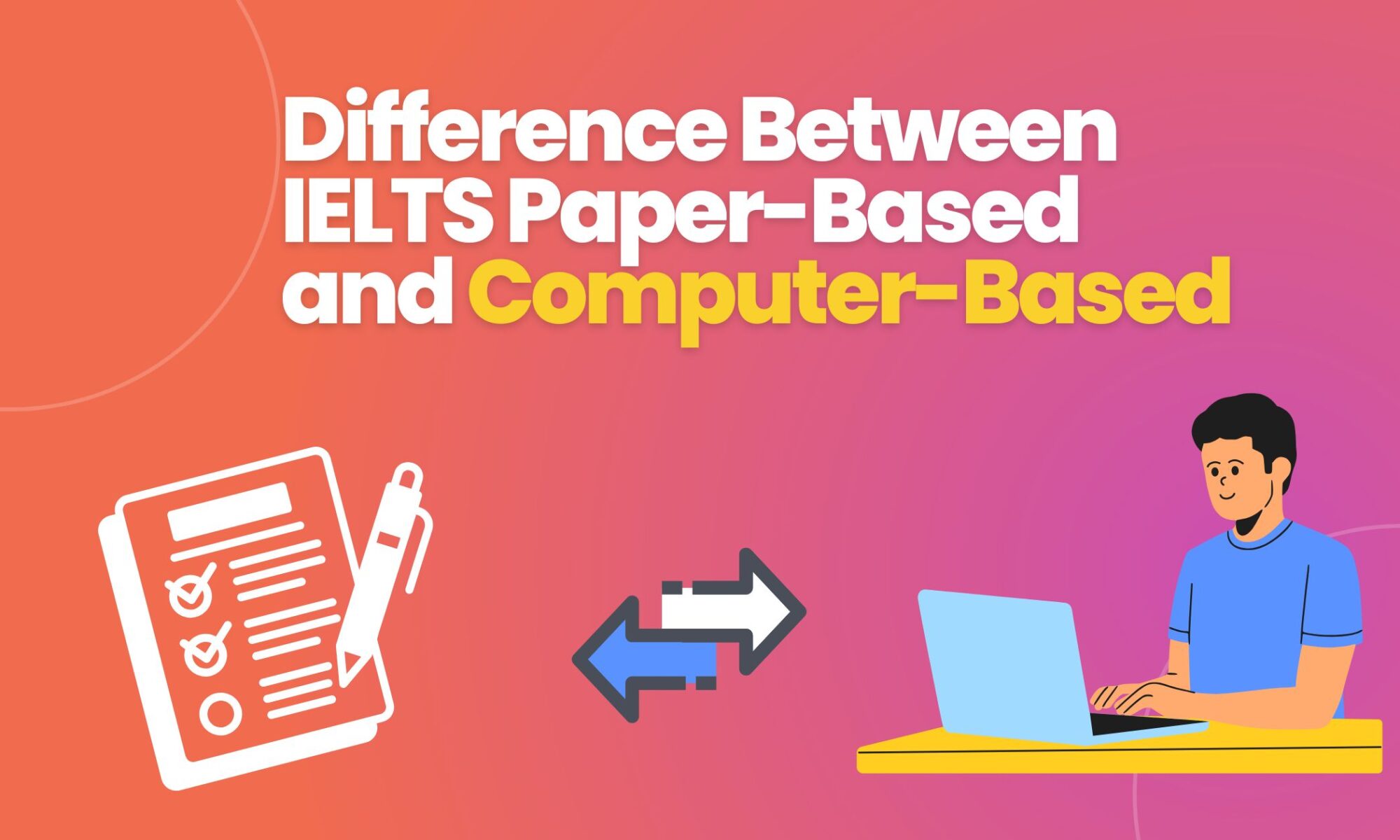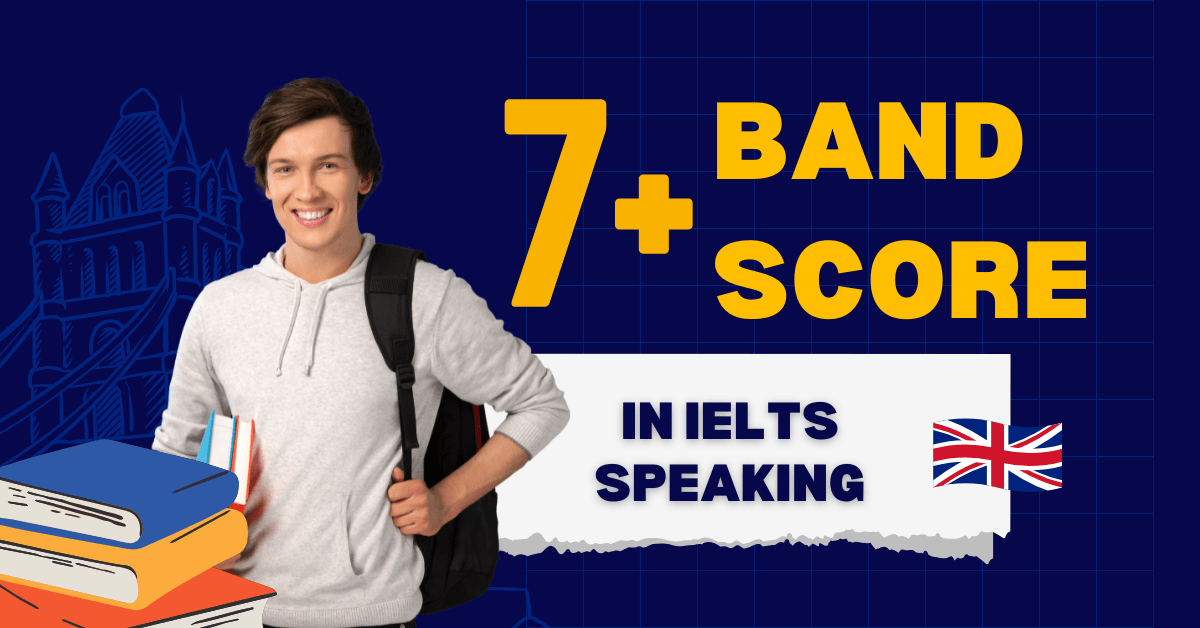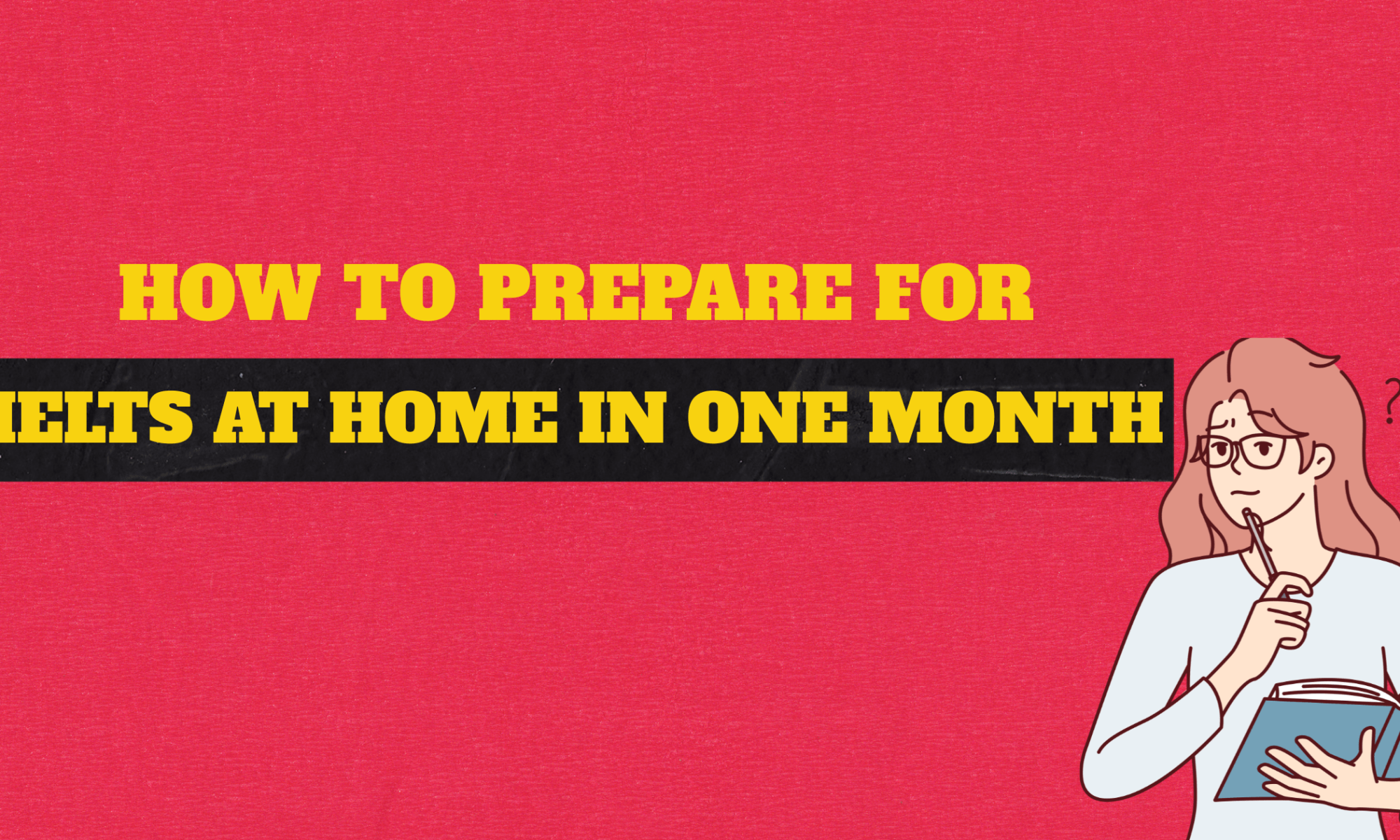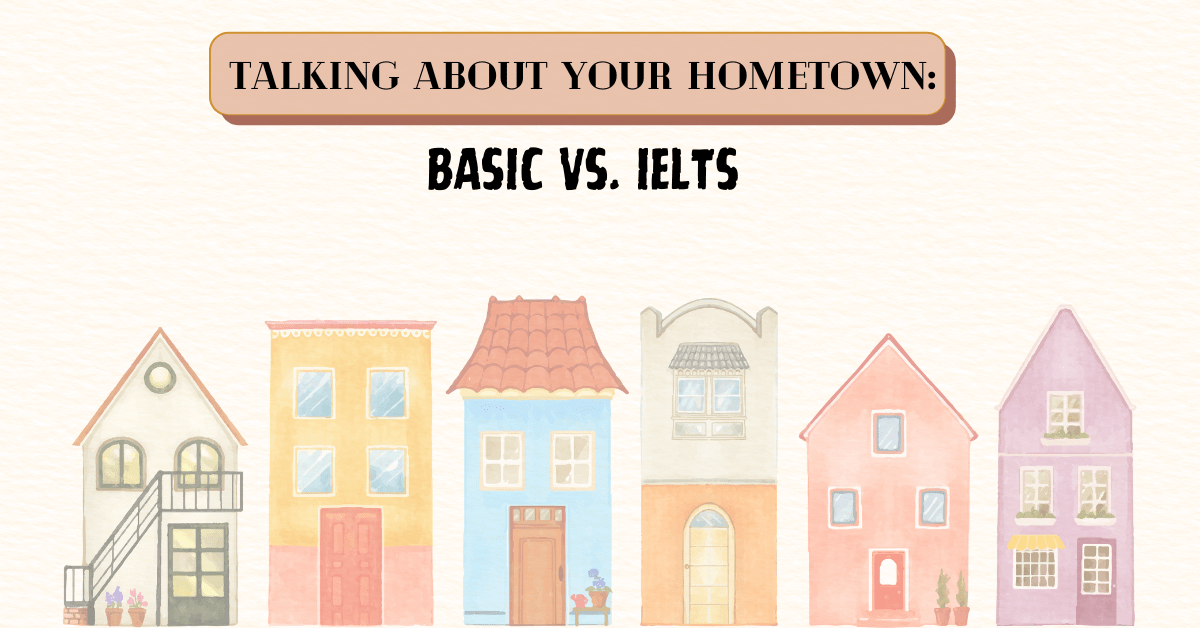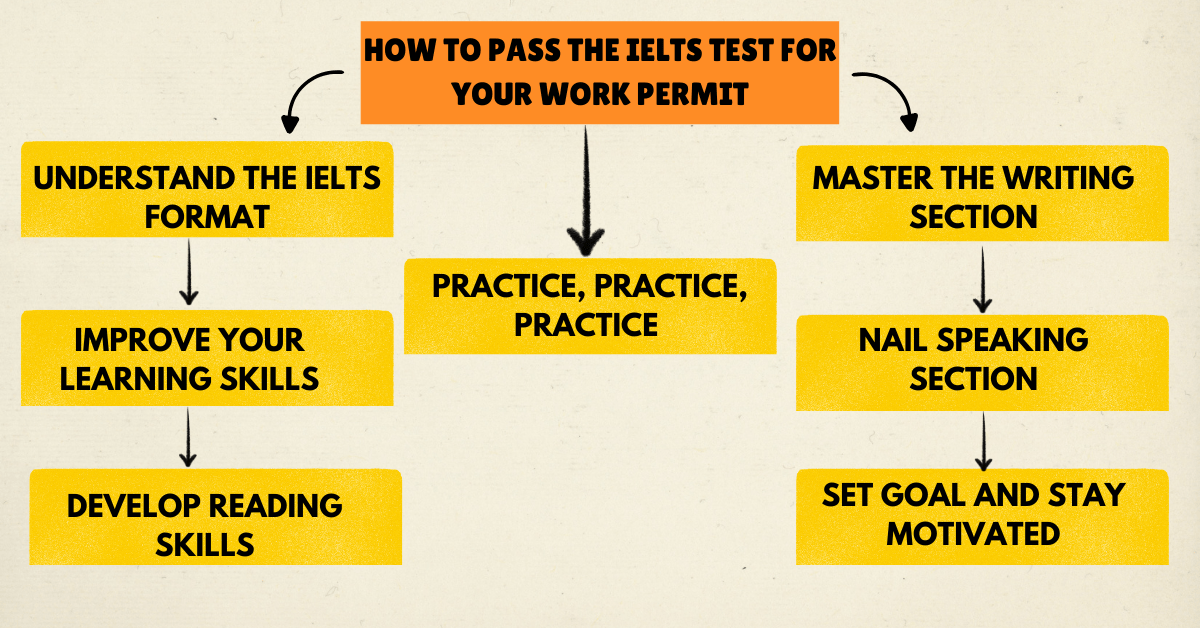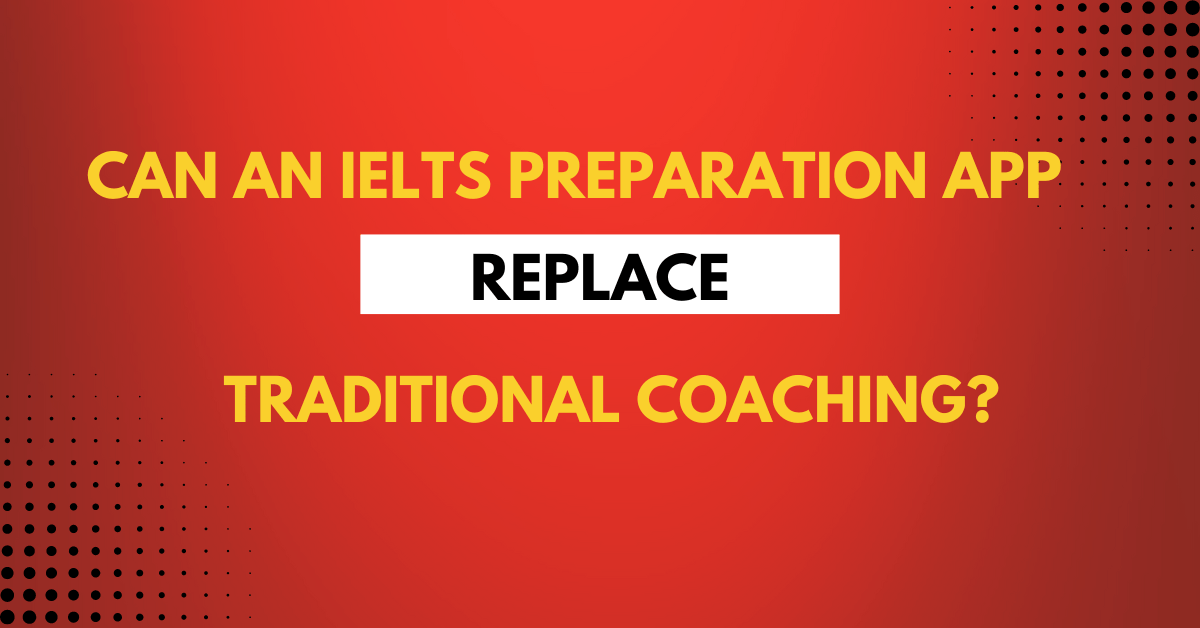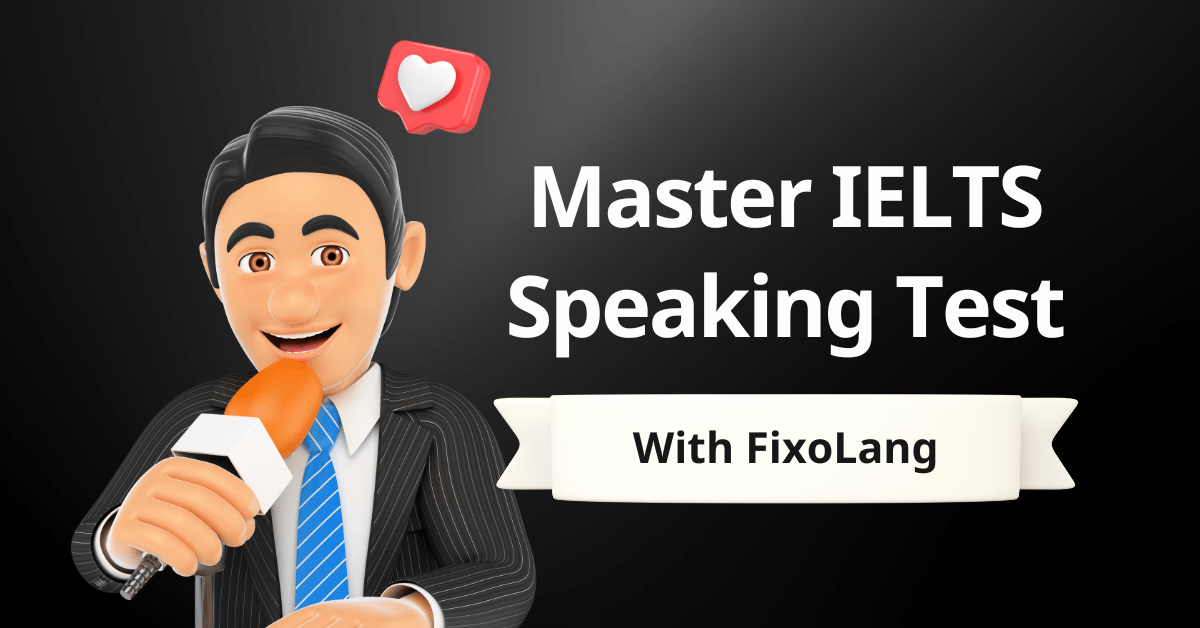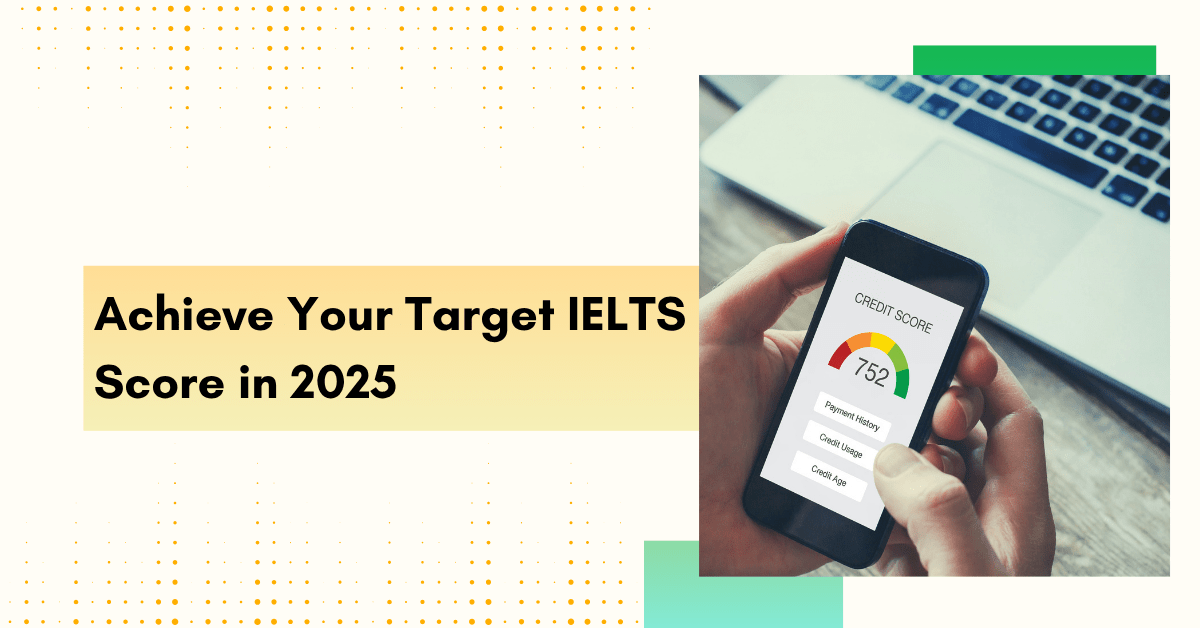If you’re planning to take the IELTS exam, one of the first decisions you’ll face is choosing between IELTS Paper-Based and IELTS Computer-Based formats. Many test-takers feel confused because both formats assess the same English skills, yet the experience of taking the exam can feel very different.
Understanding the difference between IELTS paper-based and computer-based exams is crucial. The right choice can reduce stress, improve performance, and help you score closer to your target band. In this guide, we’ll break down everything you need to know—clearly and practically—so you can decide what suits you best.
We’ll also explain how tools like Fixolang App can help you prepare effectively for both formats and perform confidently on exam day.
What Is the IELTS Paper-Based Exam?
The IELTS exam paper-based format is the traditional version that many candidates are familiar with. In this format:
- Listening, Reading, and Writing are completed using paper and pencil
- Answers are written manually on an answer sheet
- The Speaking test takes place in person with an examiner.
This format is still widely available in many test centers and is often preferred by candidates who are more comfortable writing by hand.
What Is the IELTS Computer-Based Exam?
The computer-based IELTS (also known as the IELTS computer-based test or IELTS computer-based exam) is a modern version of the test conducted on a computer at an official test center.
In this format:
- Listening, reading, and writing activities are performed on a computer.
- Answers are typed using a keyboard
- The Speaking test remains face-to-face with an examiner
Despite the different delivery method, the test content, difficulty level, scoring, and validity are exactly the same as the paper-based exam.
IELTS CBT vs PBT: Key Differences Explained
Let’s look at the main differences between IELTS CBT vs PBT in a simple, practical way.
1. Test Format and Interface
- Paper-Based IELTS:
You read questions from a booklet and write answers on paper. - Computer-Based IELTS:
You read questions on a screen and type your answers. Features like highlighting text, copying/pasting, and word count are available.
👉 If you find typing and reading on a screen easy, the computer-based IELTS might seem less challenging.
2. Writing Experience
This is one of the biggest differences.
- Paper-Based:
You write essays by hand, which can be tiring and time-consuming. - Computer-Based:
You type essays, making it easier to edit, restructure sentences, and manage word count.
👉 Candidates with good typing speed often perform better in IELTS computer-based writing.
3. Listening Test
- Paper-Based:
You get 10 extra minutes at the end to transfer answers to the answer sheet. - Computer-Based:
You get 2 minutes to check answers, as answers are entered directly during the test.
👉 Computer-based listening requires better focus and quick response.
4. Reading Section
- Paper-Based:
You flip pages and underline text manually. - Computer-Based:
You scroll on-screen and can highlight text digitally.
👉 Some candidates find screen reading faster, while others prefer paper.
5. Result Time
- Paper-Based IELTS:
Results usually take 13 days. - Computer-Based IELTS:
Results are typically available within 3–5 days.
👉 Faster results make the IELTS computer-based exam popular among students with tight deadlines.
6. Test Dates and Availability
- Paper-Based:
Fewer test dates per month. - Computer-Based:
More frequent test dates and flexible scheduling.
👉 Computer-based IELTS offers greater convenience.
Which IELTS Format Should You Choose?
Choose IELTS Paper-Based if:
- You prefer writing by hand
- You are uncomfortable with typing
- You like reading long texts on paper
Choose IELTS Computer-Based if:
- You type quickly and accurately
- You prefer editing essays easily
- You want faster results
- You’re comfortable using a computer
There is no difference in scoring or difficulty—only the experience changes.
How Fixolang Helps You Prepare for Both IELTS Formats
No matter which format you choose, speaking performance remains a critical factor in achieving a high band score. This is where the Fixolang App plays a powerful role.
Fixolang App is an IELTS-focused speaking practice platform that helps learners prepare confidently for the real exam.
How Fixolang supports IELTS success:
- Real IELTS-style Speaking practice
- Instant scoring and structured feedback
- Practice for cue cards, follow-up questions, and fluency
- Builds confidence for face-to-face Speaking tests
- Helps you think faster and respond clearly
Since the Speaking test is identical in both IELTS CBT and PBT, regular speaking practice on Fixolang directly improves your performance regardless of exam format.
Start Practising on the Fixolang App
Why Speaking Practice Matters More Than the Test Format
Many candidates focus heavily on choosing between paper-based and computer-based IELTS, but forget that speaking can make or break your band score.
Common speaking challenges include:
- Hesitation and pauses
- Limited vocabulary
- Lack of structure in answers
- Nervousness during the interview
Fixolang helps you overcome these issues through consistent, exam-style speaking practice—making sure you walk into the test room confident and prepared.
Connect with FixoLang on social media platforms
🟦 Learn with us on Facebook : https://www.facebook.com/fixolang/
📸 IELTS tips on Instagram : https://www.instagram.com/FixoLang/
▶️ Watch IELTS lessons on YouTube: https://www.youtube.com/@FixoLang
Conclusion
The IELTS paper-based and computer-based exams are mainly about comfort, speed, and test experience—not difficulty or scoring. Choosing the right format depends on your personal preferences and strengths.
However, regardless of whether you choose IELTS CBT or PBT, success ultimately depends on how well you communicate—especially in the Speaking test.
With structured speaking practice, instant feedback, and real exam-style simulations, Fixolang App helps you prepare smarter, speak confidently, and move closer to your target IELTS band.
Frequently Asked Questions (FAQs)
|


